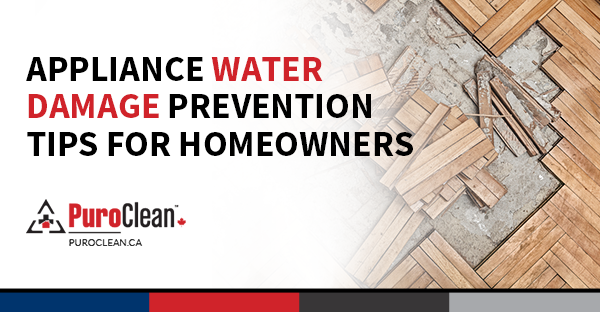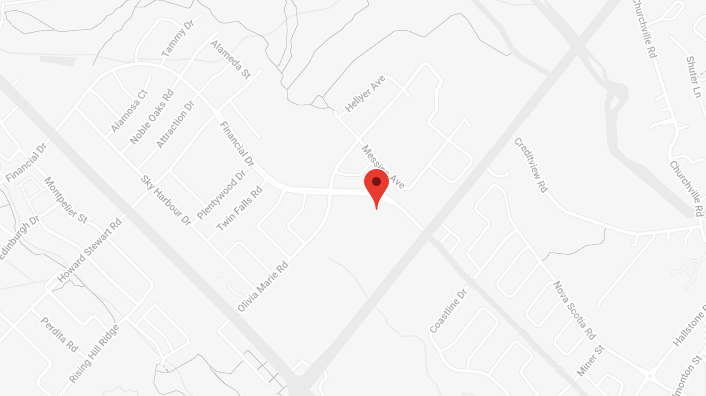Appliance Water Damage Prevention Tips for Homeowners
 Water damage is a common problem in most people’s homes. The risks of water damage in homes and properties are mostly related to pipes and appliances, especially those that are not well maintained. Here’s how to prevent water damage from appliances in homes:
Water damage is a common problem in most people’s homes. The risks of water damage in homes and properties are mostly related to pipes and appliances, especially those that are not well maintained. Here’s how to prevent water damage from appliances in homes:
Sinks, Showers, and Bathtubs
- The area under the kitchen and bathroom sinks should be inspected every few months. A certified plumber should handle leaks, rust or other problems.
- The areas near showers and bathtubs should be checked for discoloration or swelling, which are indications that water leaks are present.
- Cracks or mould may appear in the caulking and tile grout. The area must be recaulked if those problems exist.
Water Heater
- Hot water tanks can leak when sediment falls to the bottom, rusting and cracking the tank. The heater should be inspected by a professional every five years. Water heaters that are older than 10 years should be replaced.
- The water heater should be kept on the lowest level of the home near a floor drain. If it can’t be kept there, it must be placed inside a drain pan connected to the floor drain.
Washing Machine and Dishwasher — Hoses to the washing machine and dishwasher should be replaced every three years with high-pressure, metal-mesh hoses — these are more durable and longer lasting than plastic hoses.
Automatic Icemaker — The hose or pipe should be checked regularly for signs of damage. Caution must be exercised when pulling and pushing the refrigerator back in to not damage or kink the hose or pipe.
Appliance hoses should be inspected every four months for cracks, bulges or blisters. Enough room around hoses must be provided to prevent kinks which can damage the hoses. The connections must be secure and moisture-free. Frayed or damaged hoses should be replaced immediately.
Main Water Shutoff – Everyone in the household should know the location of the shutoff valves for the main water supply and all water-drawing appliances, and how to turn them off.
The main water supply should be shut off if the house will be empty for more than a week. Doing so can prevent unexpected leaks and water damage.
Leak detection devices can help prevent water damage. These devices are designed to homeowners learn about a leak before it does damage. They also shut off the water supply just in time to prevent severe water damage.
Air conditioner units are also susceptible to leaks that can lead to water damage. Tips to prevent air conditioning water damage can be found in this article. More tips to protect your home from water damage are available here. The PuroClean team stands ready to provide professional restoration services to any property affected by fire, water or mould damage.


